Shenzhen-based DJI, the global leader in consumer drones, is set to launch its first robotic vacuum cleaner, the DJI ROMO, this month, marking a significant pivot into the competitive home robotics market. According to a report by SCMP, the combo vacuum-mopping robot, developed over four years, aims to challenge established players like Roborock and iRobot in a rapidly growing sector.
Technology and Features
The DJI ROMO integrates vacuuming and mopping capabilities, leveraging the company’s expertise in advanced navigation and obstacle avoidance from its Drone Technology. Leaked images suggest a sleek design with a large docking station, likely enabling self-emptying and self-cleaning functions. While DJI has not officially confirmed specifications, industry insiders speculate the ROMO will feature precise mapping and smart controls, similar to those found in high-end competitors. These could include room-specific cleaning schedules and pet detection, enhancing its appeal for automated home cleaning.
Market Dynamics and Competition
The global robotic cleaner market is booming, with 20.6 million units shipped worldwide in 2024, up 11.2% from the previous year, per IDC data. Chinese brands dominate, with Roborock holding a 16% share, followed by iRobot at 13.7%. In mainland China, Ecovacs, Roborock, and Narwal lead a market that grew 6.7% last year. DJI’s entry intensifies this rivalry, especially as the company aims to capitalize on China’s 618 Shopping Festival, boosted by a national subsidy program offering discounts on consumer electronics.
The timing is strategic, with China’s robotic cleaner sales surging nearly 30% year-on-year in Q4 2024, driven by subsidies. However, IDC warns that this could pull demand forward, potentially slowing growth later in 2025. DJI’s challenge will be differentiating the ROMO in a crowded field where competitors already offer advanced features like AI-guided cleaning and extendable mop pads.
Industry Implications
DJI’s move reflects a broader trend of drone manufacturers diversifying into adjacent robotics fields. The company’s expertise in sensors and automation positions it well to innovate in home cleaning, potentially setting new standards for navigation accuracy. For consumers, this could mean more efficient, hands-free cleaning at competitive prices, though the ROMO’s cost remains undisclosed.
Regulatory hurdles loom, particularly in the U.S., where proposed restrictions on foreign drone makers could impact DJI’s expansion. The China Securities Journal report notes DJI’s silence on the launch, suggesting a cautious approach amid geopolitical tensions. If successful, the ROMO could pave the way for further DJI ventures in smart home tech, reshaping the robotics landscape.
Discover more from DroneXL.co
Subscribe to get the latest posts sent to your email.
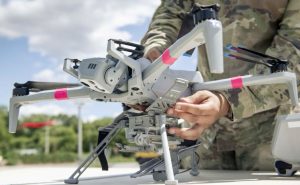






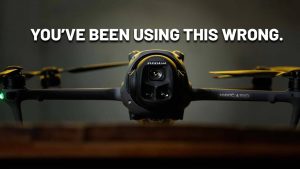

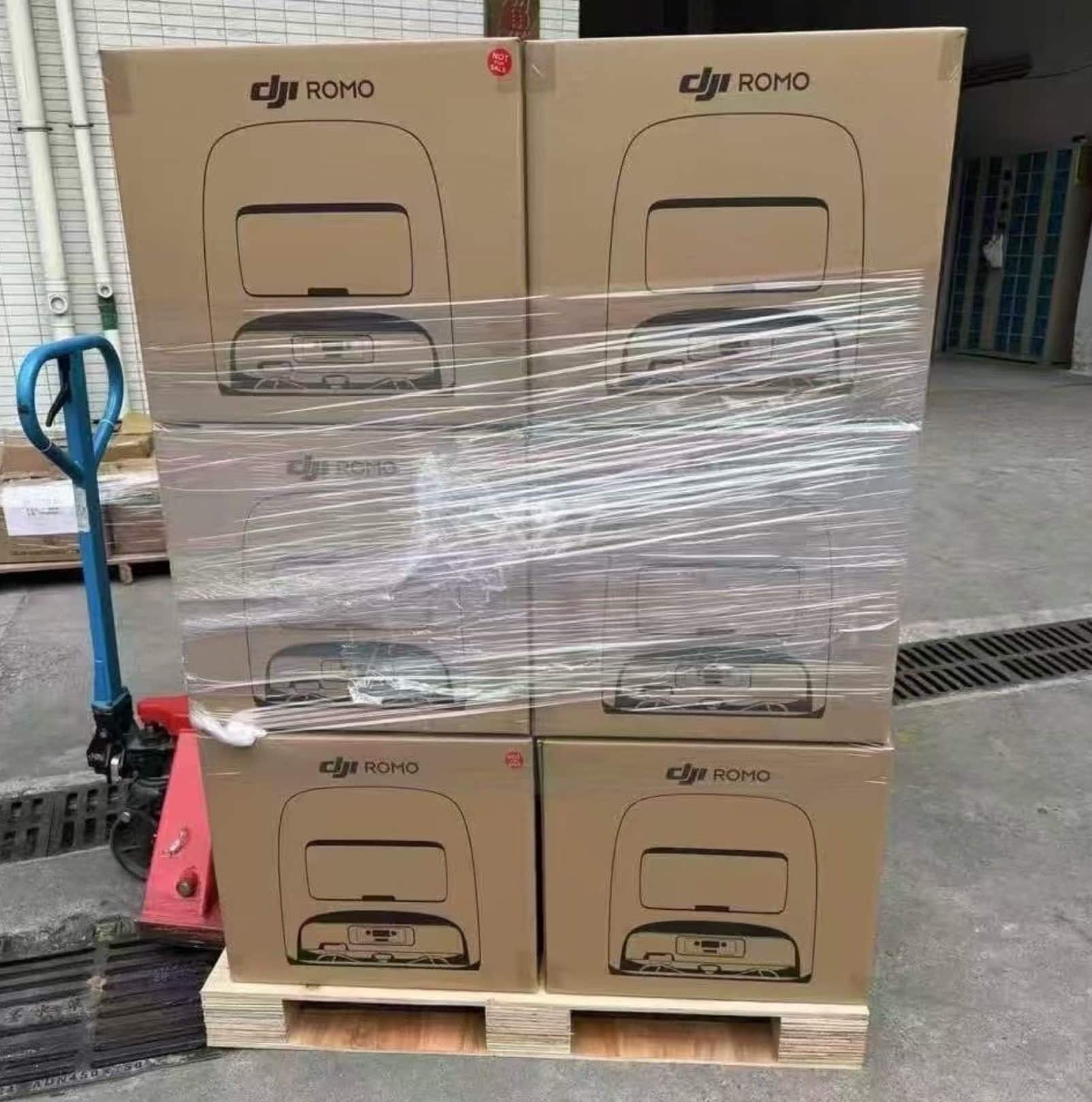
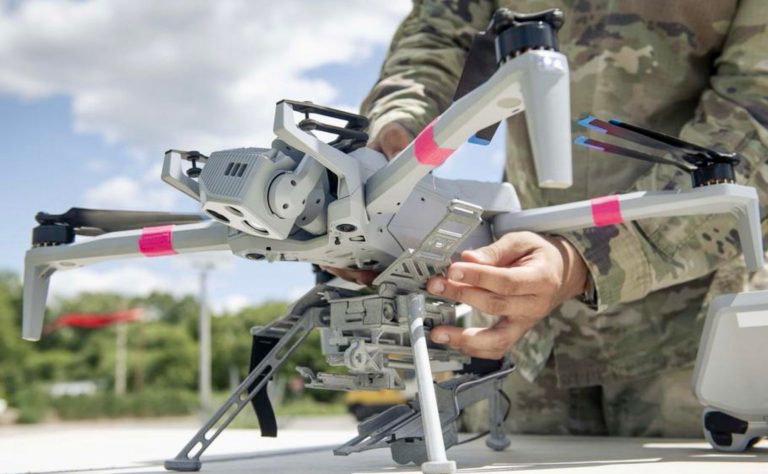

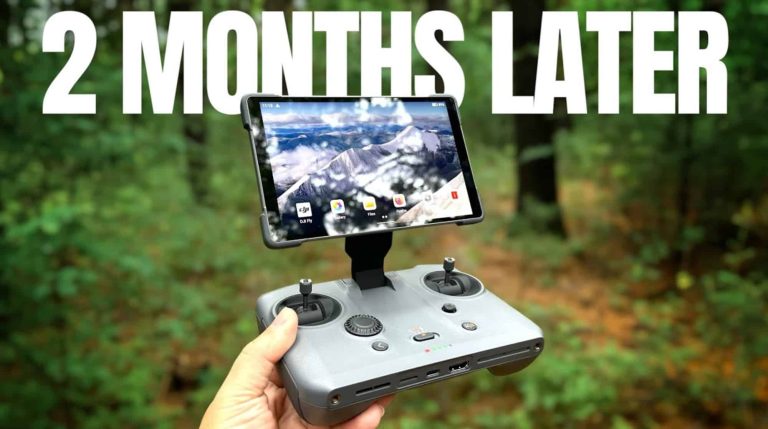


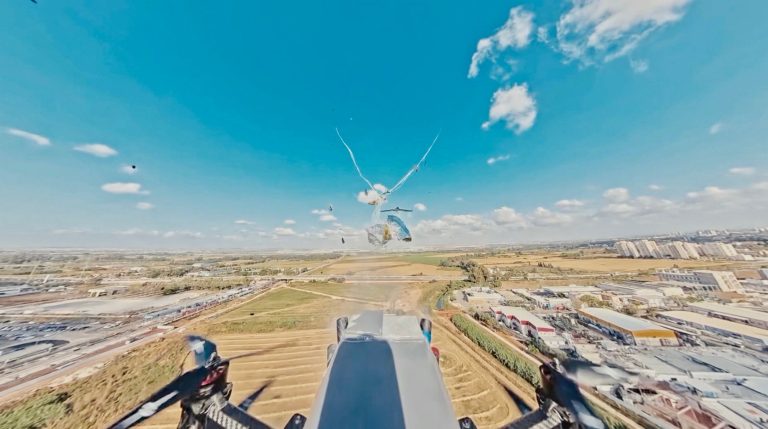

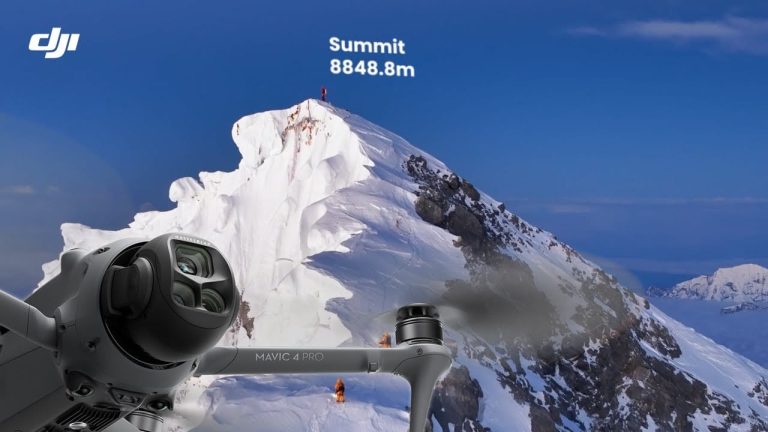
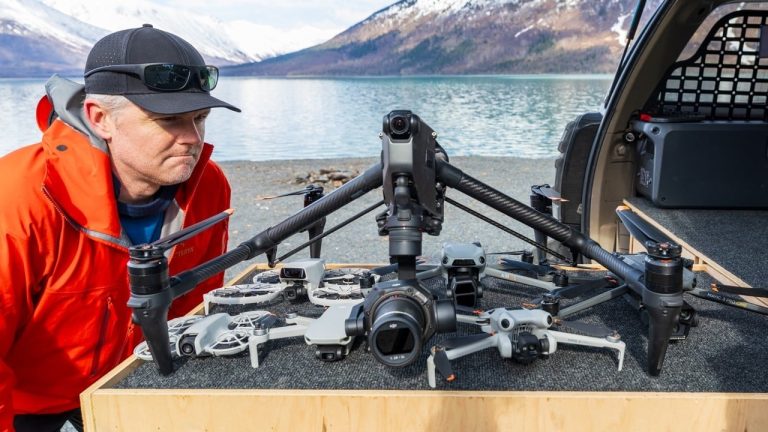
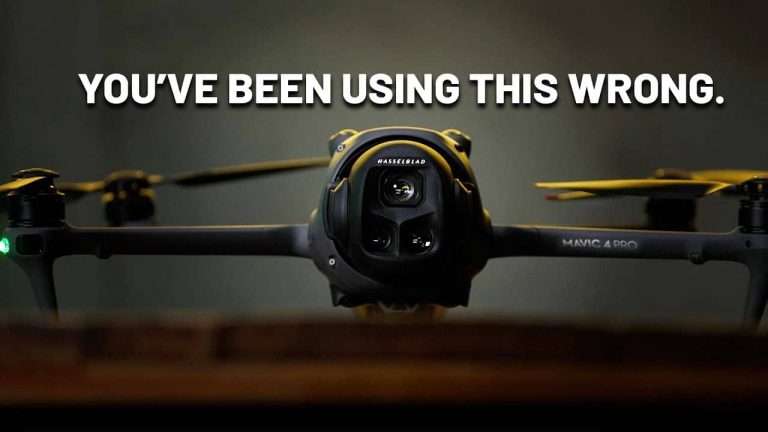
+ There are no comments
Add yours